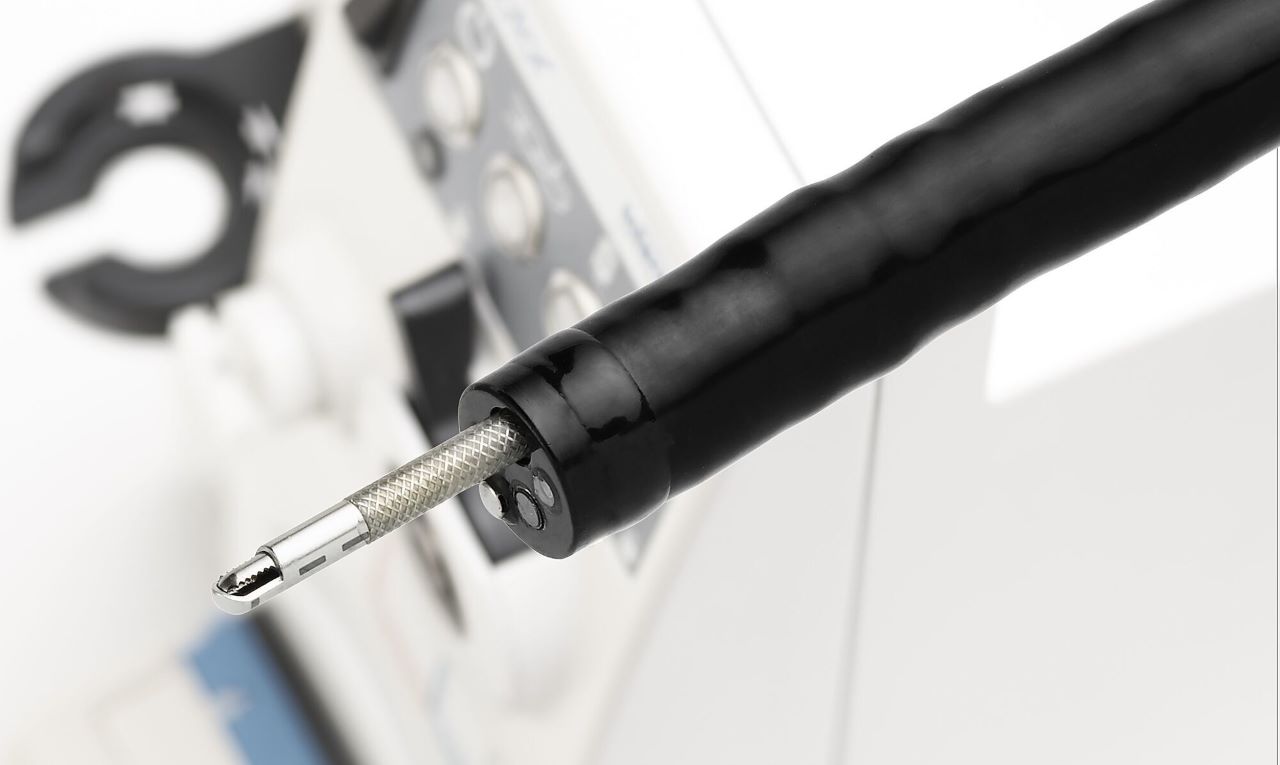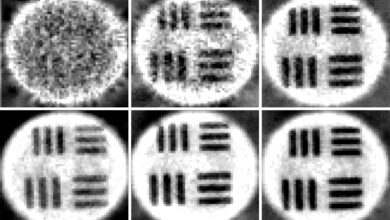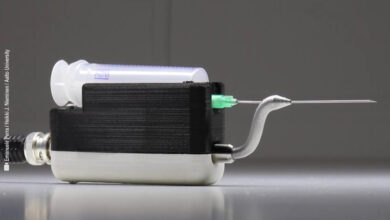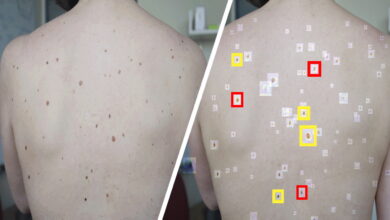
Interscope’s EndoRotor System Granted FDA De Novo Clearance for Direct Endoscopic Necrosectomy
Interscope has received the US Food and Drug Administration (FDA) de novo clearance to market its EndoRotor System in the country for direct endoscopic necrosectomy (DEN). a minimally invasive treatment for walled-off pancreatic necrosis. Direct endoscopic necrosectomy (DEN) giving the specialty device a cutting edge over more generic tools often used for the challenging procedure. EndoRotor system is the only device with FDA marketing clearance for the new indication.
Acute pancreatitis progresses to walled-off necrosis (solid diseased tissue), which is managed using endoscopic ultrasound-guided drainage procedures.
Estimates show that around 30% of the patients get infected leading to lengthy hospitalisation, multiple endoscopic procedures, and conversion to surgery, which can even result in death.
Current clinical data demonstrates the migration from surgical necrosectomy to direct endoscopic necrosectomy. While direct endoscopic necrosectomy is a safer approach, it involves the use of conventional instruments such as polypectomy snares and biopsy forceps, which are not specifically indicated or cleared for endoscopic necrosectomy. Therapeutic use of these devices requires an average of four procedures in order to clear the necrosis and is associated with a complication rate of approximately 22%.
EndoRotor System
The EndoRotor System aids the physician in simultaneous resection and aspiration of necrotic material from a walled-off pancreatic collection under direct endoscopic visualisation through a lumen apposing metal stent or cystogastrostomy.
Data from the recently concluded FDA Investigational Device Exemption (IDE), which had 30 patients in the US and Europe, showed that an average of two procedures was needed to perform necrosectomy.
In addition, no complications related to the use of EndoRotor and a 10% procedural complication rate was observed.
Also, trial patients were hospitalised for an average of 16 days as compared to the 32 days reported.
In 2018, the system had received the CE Mark of approval in Europe for the same indication.

Interscope CEO, Jeffery Ryan, stated, “Physicians now have a dedicated solution to treat this severe and potentially lethal condition. The EndoRotor has shown to be a welcomed improvement in safety and effectiveness that will enhance patient care and allow interventionalists to continue saving lives. We are thankful for the FDA’s diligence.
We are humbled by the contributions of Arjun Koch, Marco Bruno and the visionary collaborators who set us on this path. We are proud of this achievement as we begin the commercial launch of the first and only dedicated system for direct endoscopic necrosectomy.”
Acute pancreatitis is estimated to effect 415,000 patients annually in the United States and progresses to walled-off necrosis (solid diseased tissue) in approximately 20% of patients. While walled-off necrosis is routinely managed with endoscopic ultrasound guided drainage procedures, approximately 30% of patients with the condition become infected resulting in lengthy hospitalization, multiple endoscopic procedures, conversion to surgery, and potentially death.
Studies have documented the need for dedicated instruments to perform the direct endoscopic necrosectomy procedure due to the high risk for complications.
Over 30 investigators in the US and Europe were involved in the clinical validation of EndoRotor.
Interscope previously announced the receipt of FDA 510(k) clearance to market the EndoRotor System for the management of post endoscopic mucosal resection (EMR) tissue persistence with a scarred base and for removal of endobronchial tumors and granulation tissue in December 2018 and December 2019 respectively.
Several clinical trials have since been completed identifying the EndoRotor as a critical tool for physicians to use during these interventional endoscopic procedures.



